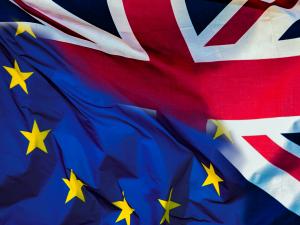
By David Young and Gavin Cordon, PA
The Government has moved to unilaterally ease another element of the contentious Brexit arrangements governing trade to Northern Ireland.
A ban on importing plants potted in soil from Great Britain to the region has been temporarily lifted.
While most agri-food goods are, or will be, subject to extra regulatory processes to enter Northern Ireland under the terms of Brexit’s NI Protocol, some have been banned altogether.
That prohibited list includes plants or vegetables potted in British soil or with traces of soil still attached to them. This has caused problems for many businesses in Northern Ireland, particularly garden centres.
It has become somewhat of a touchstone issue in the public debate over the merits of the protocol, with its critics citing the ban on pot plants as evidence of excessive and disproportionate bureaucracy.
The Government has now relaxed the prohibitions related to soil.
The move comes in a week when London has also unilaterally extended grace periods that currently limit regulatory checks on imports of agri-food retail goods and customs declarations on GB parcels sent to the region.
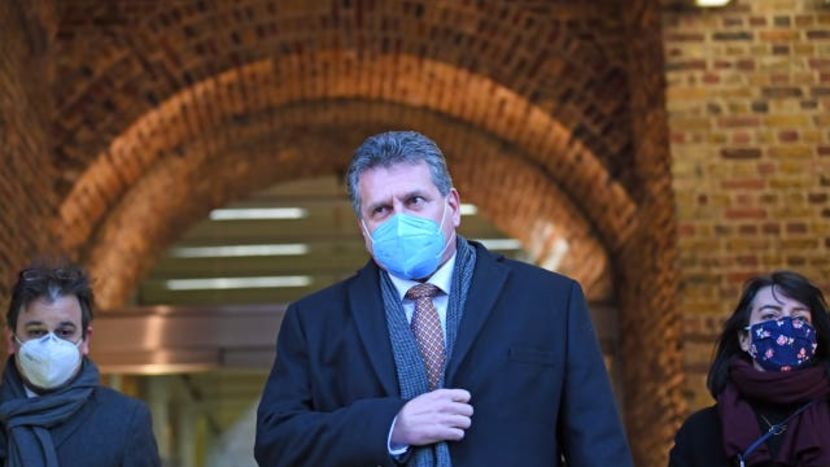
(European Commission vice-president Maros Sefcovic)
The European Commission is taking legal action against the Government for those moves, accusing it of breaching the protocol.
The latest easements will allow bulbs or vegetables with soil attached to be moved from Great Britain to Northern Ireland.
It will also allow plants grown in soil to be moved with soil attached, provided they are from an authorised business that meets GB plant passporting requirements.
Plants can also be moved in containers with growing medium attached if the containers meet the conditions required under GB plant passporting purposes.
The protocol has also imposed tight rules on the movement of agricultural and forestry machinery from Great Britain into Northern Ireland, preventing vehicles and equipment with soil attached from entering.
The Government has told traders they can now move machinery without the need for certification, as long as excessive soil and plant debris is removed.
That will enable equipment with same amounts of soil attached to enter the region.
A UK Government spokeswoman said: “We are committed to meeting our protocol obligations in a pragmatic and proportionate way, but some challenges are having a direct, and often disproportionate, impact on lives and livelihoods, including an unacceptable disruption to the flow of critical goods.
“These temporary, practical arrangements recognise the need to ensure biosecurity on the island of Ireland is not compromised whilst addressing barriers which stop goods moving into Northern Ireland.”
Brussels has warned it will launch legal action “very soon” following the unilateral moves to delay full implementation of the protocol.
European Commission vice president Maros Sefcovic said the initial announcement by the Government on Wednesday had come as a “very negative surprise”.
The Government has insisted its actions are temporary and have been taken to allow time for permanent solutions to be worked out.
It has provoked a furious response in Brussels, with the EU accusing the UK of going back on its treaty obligations in the Brexit Withdrawal Agreement intended to ensure there is no return of a hard border between Northern Ireland and the Republic.
In an interview with Friday’s Financial Times, Mr Sefcovic – who is responsible for overseeing the implementation of the agreement – said the European Commission is now working on “infringement proceedings” against the UK.
“We are currently preparing it and it would be really something coming to our table very soon. The most precise term I can give you is really very soon,” he said.
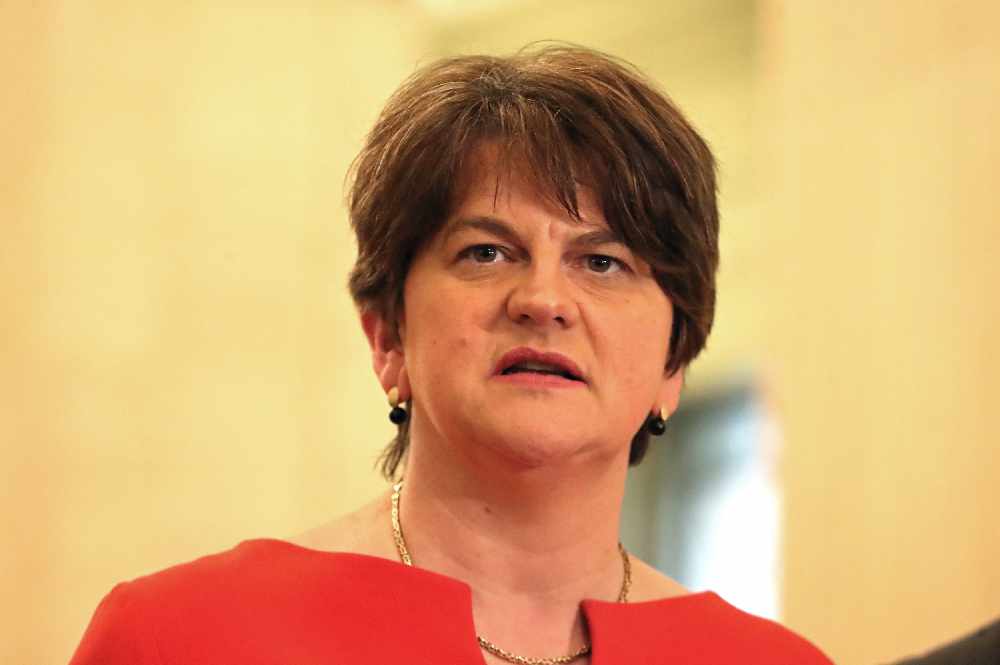
In response, Northern Ireland First Minister and DUP leader Arlene Foster accused the EU of belligerence.
“The number of checks that are occurring between Great Britain and Northern Ireland are so disproportionate to the risk to the EU single market that it has become completely out of step with what the protocol was meant to do,” she told BBC Radio 4.
On Thursday, Prime Minister Boris Johnson sought to play down the dispute with the EU, saying the Government is simply taking some “temporary and technical measures” to ensure that trade keeps flowing.
“I’m sure with a bit of goodwill and common sense all these technical problems are eminently solvable,” he said.
However, MEPs in the European Parliament have already taken steps to delay formal ratification of the wider trade and co-operation agreement between Britain and the EU pending the outcome of the latest row.
The Northern Ireland Protocol in the Withdrawal Agreement was designed by the EU and UK to avoid a hardening of the border on the island of Ireland.
It means keeping Northern Ireland aligned to various EU rules, requiring checks on goods arriving into the region from Great Britain.
Meanwhile, the White House has again stressed the support of new US President Joe Biden for the Good Friday Agreement which the protocol is intended to protect.
Press secretary Jen Psaki said: “President Biden has been unequivocal about his support for the Good Friday Agreement.
“It has been the bedrock of peace, stability and prosperity for all the people of Northern Ireland.”
Prior to last year’s election, Mr Biden – who is intensely proud of his Irish roots – warned that the agreement must not become a casualty of Brexit.


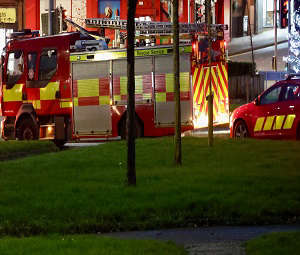 Woman dies in West Belfast house fire
Woman dies in West Belfast house fire
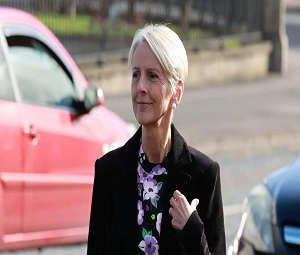 Eleanor Donaldson’s bid to have two charges withdrawn ‘should not delay trial’
Eleanor Donaldson’s bid to have two charges withdrawn ‘should not delay trial’
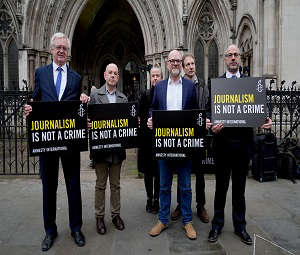 Police surveillance operation to unmask journalistic source ruled unlawful
Police surveillance operation to unmask journalistic source ruled unlawful
 Government ordered to hold public inquiry into murder of GAA official
Government ordered to hold public inquiry into murder of GAA official
 Police launch murder probe following ‘brutal and senseless’ death of woman
Police launch murder probe following ‘brutal and senseless’ death of woman